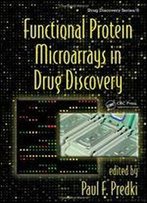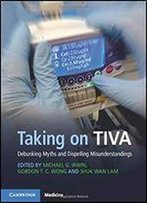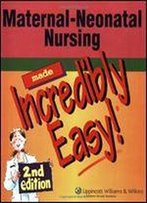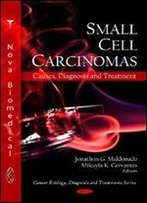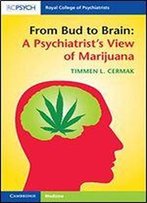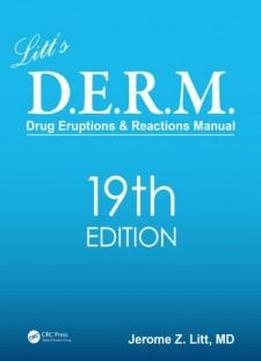
Litt's Drug Eruptions And Reactions Manual, 19th Edition (drug Eruption Reference Manual)
by Jerome Z. Litt /
2013 / English / PDF
3.1 MB Download
Nearly two decades after the first
Nearly two decades after the firstDrug Eruptions &
Reactions Manual
Drug Eruptions &
Reactions Manual was compiled by Dr. Litt, this classic work
has been developed and expanded into
was compiled by Dr. Litt, this classic work
has been developed and expanded intoLitt’s
D.E.R.M.
Litt’s
D.E.R.M. Relied upon by dermatologists and medical
practitioners internationally for its unparalleled practical
focus on adverse effects and cutaneous reactions, this text is
the essential quick-reference tool for patient care and drug
safety.
Relied upon by dermatologists and medical
practitioners internationally for its unparalleled practical
focus on adverse effects and cutaneous reactions, this text is
the essential quick-reference tool for patient care and drug
safety.
While a comprehensive picture is available via a subscription to
the online database, the manual presents the most important
information for quick clinical reference – the trade names,
half-life, known interactions with other drugs, the pregnancy
category into which the drug falls as well as the
categories of reactions and the incidence and number of reactions
reported for each. The manual also offers a short description of
the most common eruption patterns, lists of the drugs that cause
important reactions, and a concordance of synonyms, generic
names, and trade names. Although the manual has grown from a
basis in dermatology, all widely used drugs are included and all
types of reaction beyond those found in the skin, hair, and
nails are recorded.
While a comprehensive picture is available via a subscription to
the online database, the manual presents the most important
information for quick clinical reference – the trade names,
half-life, known interactions with other drugs, the pregnancy
category into which the drug falls as well as the
categories of reactions and the incidence and number of reactions
reported for each. The manual also offers a short description of
the most common eruption patterns, lists of the drugs that cause
important reactions, and a concordance of synonyms, generic
names, and trade names. Although the manual has grown from a
basis in dermatology, all widely used drugs are included and all
types of reaction beyond those found in the skin, hair, and
nails are recorded.
New this year is a groundbreaking section on class reactions: ten
major classes of widely used drugs (including ACE inhibitors,
statins, and tricyclic antidepressants). These are presented
in tabular form, showing at a glance which reactions are known to
occur in all members of the class and at which levels, which
occur in a majority, and which occur at significant levels for
even a few members.
New this year is a groundbreaking section on class reactions: ten
major classes of widely used drugs (including ACE inhibitors,
statins, and tricyclic antidepressants). These are presented
in tabular form, showing at a glance which reactions are known to
occur in all members of the class and at which levels, which
occur in a majority, and which occur at significant levels for
even a few members.
No clinical practitioner can afford to be without this invaluable
tool to help predict, diagnose, and resolve problems arising from
prescribed drugs. Ideally practitioners should avial themselves
of both the database and the manual, for their different
purposes.
No clinical practitioner can afford to be without this invaluable
tool to help predict, diagnose, and resolve problems arising from
prescribed drugs. Ideally practitioners should avial themselves
of both the database and the manual, for their different
purposes.


